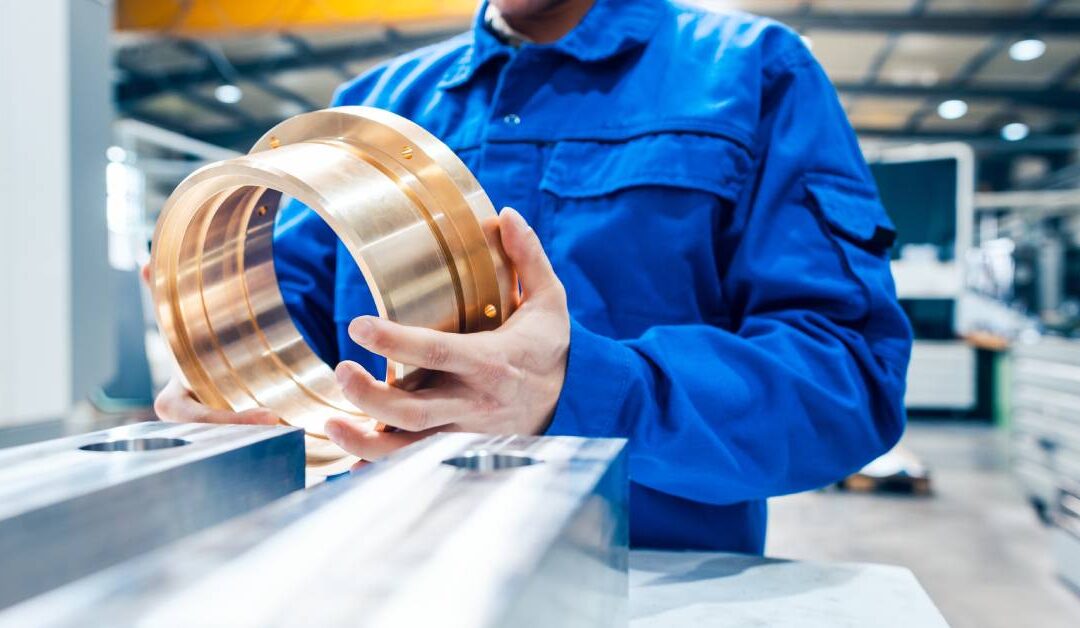Heat conductivity determines how efficiently heat transfers, making it important for things like cookware and industrial machines. Materials with high thermal conductivity help with reducing energy waste and preventing overheating. Explores the main properties of conducting heat with metals like copper and aluminum and explains why these materials are ideal for different applications.
How Metal Conducts Heat
Heat conduction depends on the atomic structure of a material. Metals with free-moving electrons (a characteristic of good conductors) allow heat to flow through their molecular structure. This is why metals are better conductors than nonmetals.
Other factors influencing a metal’s ability to transfer heat include its density, purity, and malleability. Metals with high thermal conductivity can distribute it evenly, reducing the risk of overheating or thermal stress.
Metals With Excellent Heat Conductivity
1. Copper
Copper has one of the highest thermal conductivity rates of any metal, making it a first choice for heat sinks, radiators, and electrical wiring. Its properties provide fast heat transfer and dissipation, while its corrosion resistance adds appeal. Despite its excellent qualities, copper can be too soft for certain environments and requires alloying for added strength.
2. Aluminum
Lightweight and cost-effective, aluminum is another conductive metal. While not as conductive as copper, its thermal performance is still impressive. Aluminum disperses heat very well, making it ideal for manufacturing car parts and electronic casings.
3. Silver
No metal handles heat as efficiently as silver, thanks to its extraordinary thermal conductivity. That said, its high price means it typically exists in high-performance electronics or upscale cookware. Even with limited applications, silver remains the standard for thermal excellence.
4. Bronze
Engineered alloys like c64200 aluminum bronze are popular due to their unique balance of durability and heat conductivity. This alloy has phenomenal wear resistance and strength, making it ideal for industrial components subjected to high temperatures and friction.
5. Brass
This versatile alloy is another reliable heat conductor. Brass contains a blend of copper and zinc, delivering decent conductivity while offering excellent workability. It’s useful in heat exchangers, for decorative purposes, and within plumbing systems.
Why Choosing the Right Metal Matters
Selecting the right metal reduces energy loss, increases efficiency, and extends the lifespan of your equipment. At Wieland Diversified, we specialize in providing high-performance alloys for different industrial applications.
For example, our c64200 aluminum bronze is great for bushings, bearings, and gears because it handles heat and mechanical stress exceptionally well. You’ll get reliable, durable solutions when it matters most.
Knowing which metals are ideal for conducting heat is essential when choosing materials for thermal management. Whether you need the unparalleled conductivity of copper or the engineered balance of aluminum bronze alloys, the metal can impact system efficiency and longevity under thermal stress.

